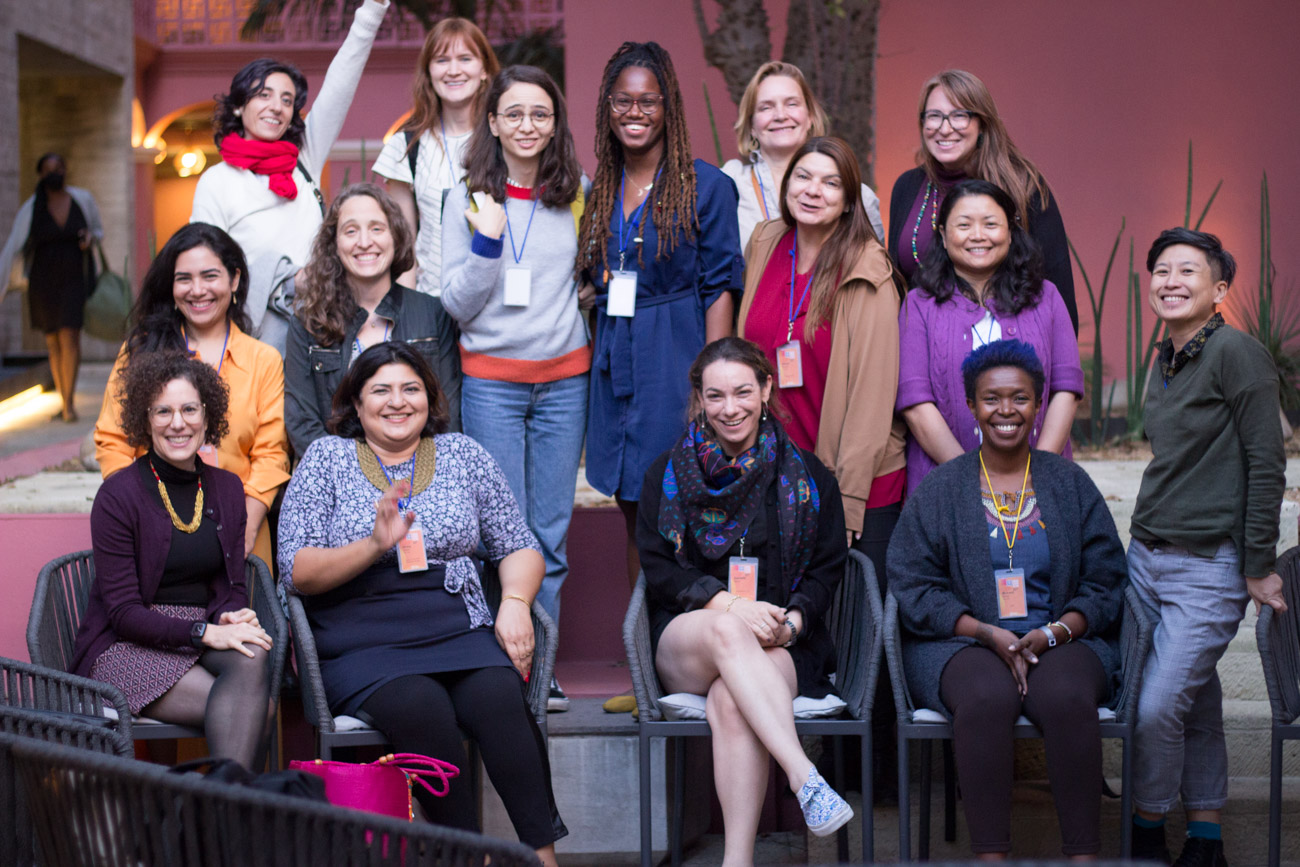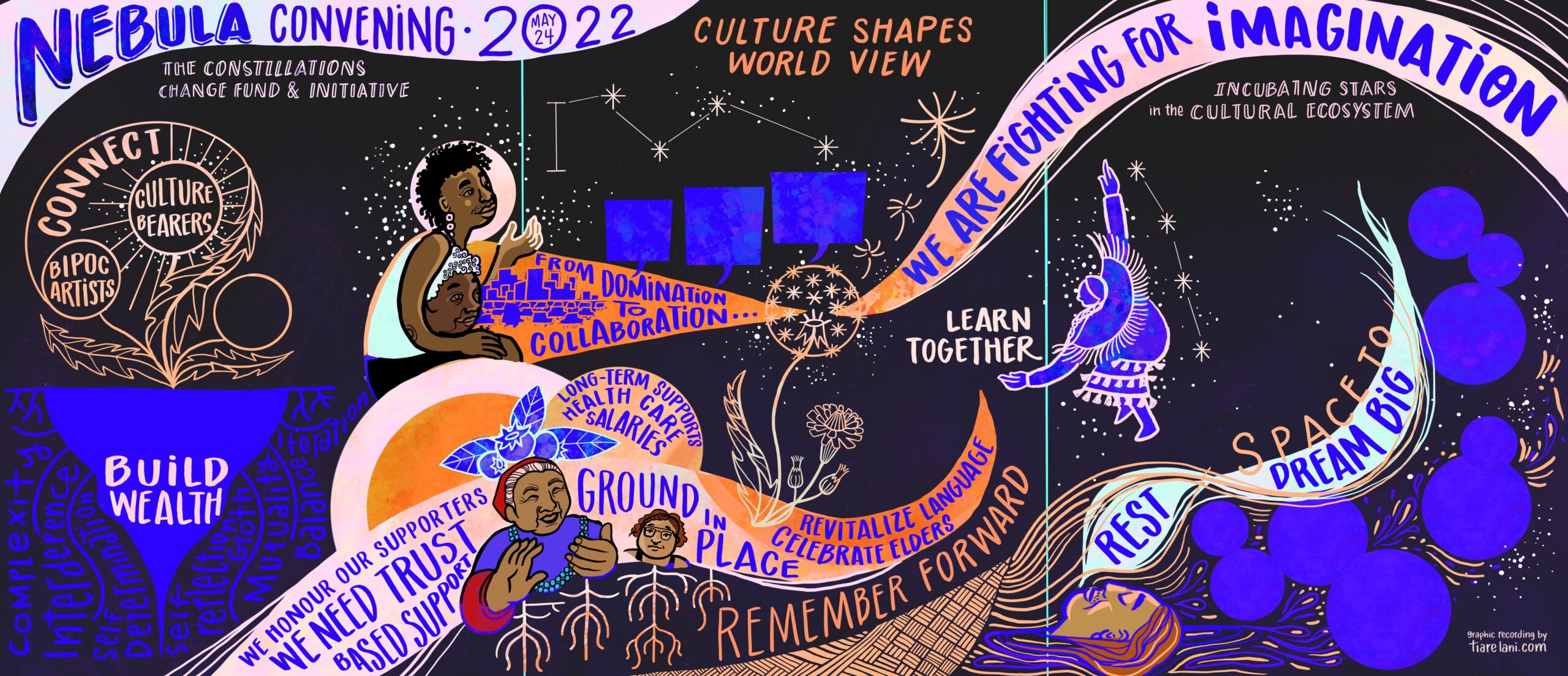A Collective Effort to Encourage Larger, Unrestricted Funding
Andrea Ackerman, Panorama Global.
When it comes to achieving systems change, collaboration is critical across issues, sectors, and geographies. The Human Rights Funders Network’s (HRFN) Funding Futures Festival in December created the conditions for just that.
At Panorama Global, we recognize the interconnectedness of social change movements and leaders, and we are building participatory spaces for dialogue and learning within the nonprofit and philanthropic sectors. We have witnessed over the last few years how perhaps no act has impacted the field of philanthropy more than author and philanthropist MacKenzie Scott’s revolutionary giving practices. She has awarded more than $14 billion in less than two years via unrestricted and multi-year gifts.
To gain insight on the impact of large unrestricted grantmaking to advance systems change, Panorama’s Collaborative Learning from Impact Philanthropy (CLIP) initiative has facilitated six peer learning cohorts designed for Scott grant recipients to build community and networks and share insights. Large, unrestricted giving has demonstrated the power of philanthropy to transform, and our team has developed actionable recommendations for donors looking to adopt transformative giving practices.
Panorama Global is considering different approaches to help shift grantmaking norms and practices toward large, unrestricted gifts. As such, we wanted to hear directly from leaders in the philanthropic and nonprofit sectors. At the HRFN conference, we convened a group of twenty individuals – ranging from staff at private foundations to regranting and intermediary organizational staff to researchers – to better understand:
- if donor organizations have moved towards unrestricted giving or other mechanisms to drive equity;
- what it takes to do so; and
- what campaign approaches to shift philanthropic norms and practices have been successful.
Through a robust discussion, we uncovered the following takeaways:
- Organizations that have received funding from Scott have reiterated the need for continued support from other donors to pursue long-term systemic impact. Some organizations saw cuts in other funding after receiving funding from Scott, while others saw increases in the number of large grants they were awarded.
- There is a desire to better understand regranting practices and how recipients of Scott’s funding are accountable to the movements, communities, and ecosystems of partners with which they collaborate.
- Donors should explore ways to fund organizations in the Global South directly rather than moving funds through Global North-based entities. International legal and compliance processes can cause logistical and political hurdles for receiving and spending large grants, impacting Global South organizations the most.
- Peer organizing across sectors, regions, and issues is essential to shaping giving norms and practices. Understanding how particular sets of donors are influenced and tailoring our approach while connecting key learnings across other campaigns and issues is critical.
The consensus was MacKenzie Scott’s approach supports nonprofits to be more effective and drives funders to implement more inclusive and just practices. However, to accelerate systems change work, a collective effort to break down barriers to unrestricted, long-term funding is necessary.
About Panorama Global:
Panorama Global is a social impact nonprofit that empowers changemakers through radical collaboration.
We are a proud partner of Human Rights Funders Network.
For information gathered through our Collaborative Learning from Impact Philanthropy work, visit our website to stay informed. If you’ve received a Scott grant and are interested in joining a learning community, contact us to continue this work together.




